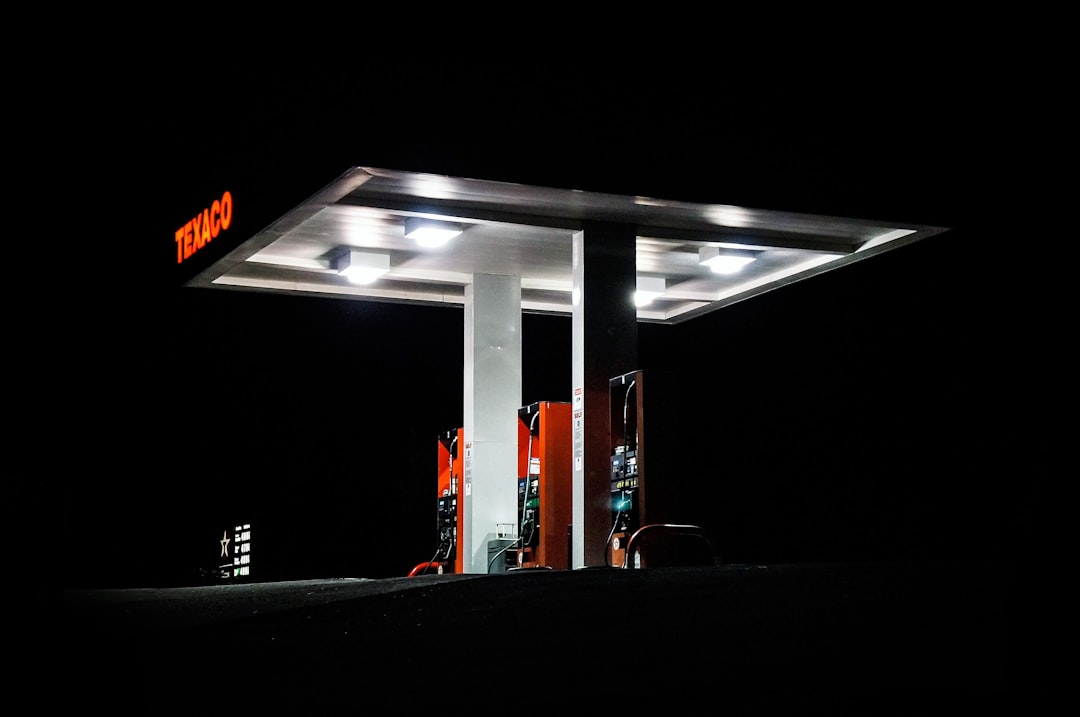Last week, we explored the different types of synthetic fuels and their primary characteristics. I’d recommend reading that piece first as it introduces topics we’ll discuss today. We’re going to explore the underlying characteristics of synthetic fuels, as we have for nuclear fission, nuclear fusion, fossil fuels, and geothermal.
Once I’ve explored every energy production method, we’ll have a longer-form piece comparing each method using the key factors each energy production needs to consider. From this, we can create our own roadmap for the future of the energy industry, and potential strategies we can implement to avoid sitting in the cold and the dark.
Before we explore synthetic fuels further, today is the last day for the early subscriber 25% off-for-life offer for my paid content. If you’d like to take advantage of the offer, now is the time to do it to take advantage of those savings.
For today, let's dive into synthetic fuels.
Synthetic Fuels
Efficiency – The efficiency in the production of synthetic fuels obviously depends on the method used. Fischer-Tropsch synthesis can achieve thermal efficiencies of 50-70%, depending on the feedstock, the reactor, and the catalyst. Hydrothermal Liquefaction has an efficiency of 40-50%, depending on feedstock moisture content and the conditions of the process. Biomass gasification has 50-60% efficiency, while coal liquefaction has 30-50% efficiency.

Renewable electrolysis clocks in at around 70% efficiency for higher-temperature electrolysis, which gets less efficient as the temperature lowers. Methanol and Dimethyl Ether Synthesis garner around 70% efficiency. Biodiesel and renewable diesel typically have around 60% efficiency.
In an overall view, feedstock, the process, and the conditions of said process are vital characteristics in determining the efficiency of synthetic fuel production. One useful comparison is to compare synthetic fuels to fossil fuels. Considering efficiency, fossil fuels have higher efficiency as they form in naturally occurring deposits and require less effort to form a fuel that can be utilized. The synthetic fuel industry is underdeveloped versus the global supply chain of fossil fuels which has functioned for many years. If this development can come to synthetic fuels, they could come to rise as cleaner but equally efficient as fossil fuels.
Keep reading with a 7-day free trial
Subscribe to Geopolitics Explained to keep reading this post and get 7 days of free access to the full post archives.



